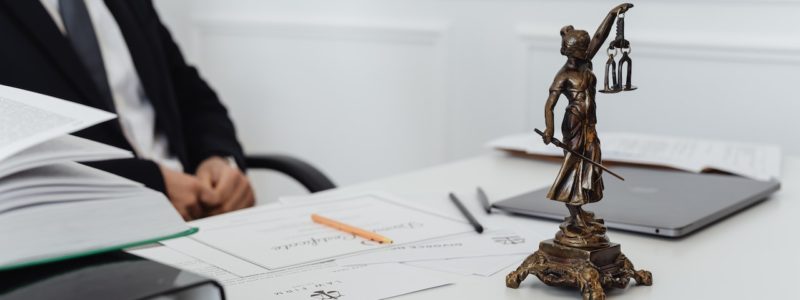
What are the three special costs rules in probate proceedings
The case of Lumb v Lumb [2023] EWHC 2052 (Ch)
Lumb was a claim against the legal validity of inter alia Wills dated 2019 and 2015 between two brothers in relation to the estate of their late mother. It was contented that a Will dated 2014 was the legally valid Will. The only difference between the (effect of the) 2014 Will and the 2015/2019 Will (because there was no residuary estate) was that in the 2014 Will the primary beneficiary (Michael) received a life interest in the deceased’s property whereas in the 2015/2019 Will, he inherited it outright.
It appeared unlikely that the applicant respondent to the appeal would have received any material benefit, even if he had won. This we suspect weighed heavily with the appellate court although it is not stated in terms. Stuart ended up losing. He failed to establish the disputed Will(s) were invalid but notwithstanding he had lost the claim, the Court made no order on costs against him. He sought to shelter under CPR 57.7(5), an often forgotten rule which states:
(5)
(a) A defendant may give notice in his defence that he does not raise any positive case, but insists on the will being proved in solemn form and, for that purpose, will cross-examine the witnesses who attested the will.
(b) If a defendant gives such a notice, the court will not make an order for costs against him unless it considers that there was no reasonable ground for opposing the will.
Lumb concerns the subsequent appeal against the costs Order by Michael. Michael ended up winning the appeal so that Stuart was ordered to pay costs (associated with the first instance Order on costs and no doubt the appeal). As we hint above, it is not clear why the action was pursued in the first instance and the position was made worse because Stuart made no impression on the attesting witnesses (to the Will) whom he cross-examined and moreover, there was no hint of any capacity issues either – it was also held that the deceased’s medical records were put in (as evidence) at the behest of Stuart (and notwithstanding no positive case seems to have been raised about them in Stuart’s pleadings), was regarded as raising a positive case in any event, going beyond CPR 57.7(5). In other words it was the equivalent of raising ones head above the parapet; a step too far if one is attempting to rely on this rule to avoid a costs Order. This is dealt with in paragraph 143 of the Judgment:
- Ground 6 (the medical records) were apparently put in at the behest of Stuart. If so, I regard this as raising a positive case and going beyond simply putting the claimant to proof. As such, the raising of this matter did not attract the costs protection of CPR r57.7(5). In any event, the ground was not a reasonable ground of opposition: the attendance notes clearly demonstrated capacity without any concerns and the medical notes, as held by the Judge, either did not raise a relevant concern or only a very weak concern (weak in terms both of testamentary capacity/knowledge or approval objectively but also as regards the state of the testator’s mind at the time of execution of the 2019 Will). Any such weak concerns were in any event completely answered by the attendance notes. Further, and not surprisingly, they were not put to the attesting witness in cross-examination.
The entire Judgment can be found at:
Lumb v Lumb [2023] EWHC 2052 (Ch) (09 August 2023) (bailii.org)
What are the three special costs rules in contested probate claims
Lumb goes on to deal with this. We have alluded to them before in a previous blog which can be found at:
WHAT ACTUALLY HAPPENS TO COSTS IN WILL DISPUTE AND WILL CONTEST CLAIMS – Will Claim Solicitors
The first rule on costs in contested probate claims is that which is set out in CPR 57.7(5) above. The other two are not codified. They are summarised in the Judgment at paragraph 92:
- What is now CPR r57.7(5) can therefore be seen as one of the three special costs rules or principles applying in probate proceedings. The other two are not codified in the rules of court but are well established (indeed the first one was also considered in the Spicer case). The other two rules or principles were identified in Spiers v English [1907] P. 122 at by Sir Gorell Barnes, P: (1) “One of those principles is that if a person who makes a will or persons who are interested in the residue have been really the cause of the litigation a case is made out for costs to come out of the estate.” (The “First Probate Costs Principle”) (2) “Another principle is that, if the circumstances lead reasonably to an investigation of the matter, then the costs may be left to be borne by those who have incurred them.” (the “Second Probate Costs Principle”)
If you consider any of these facts and matters are of interest, are likely to apply to you, or you would like to ask us for more information about our no win no fee arrangement, or you simply want us to assess your claim, then please do not hesitate to contact us for a confidential no strings chat and/or visit us at www.willclaim.com.
We provide details about our no win no fee arrangements at https://www.willclaim.com/nowin-no-fee/.